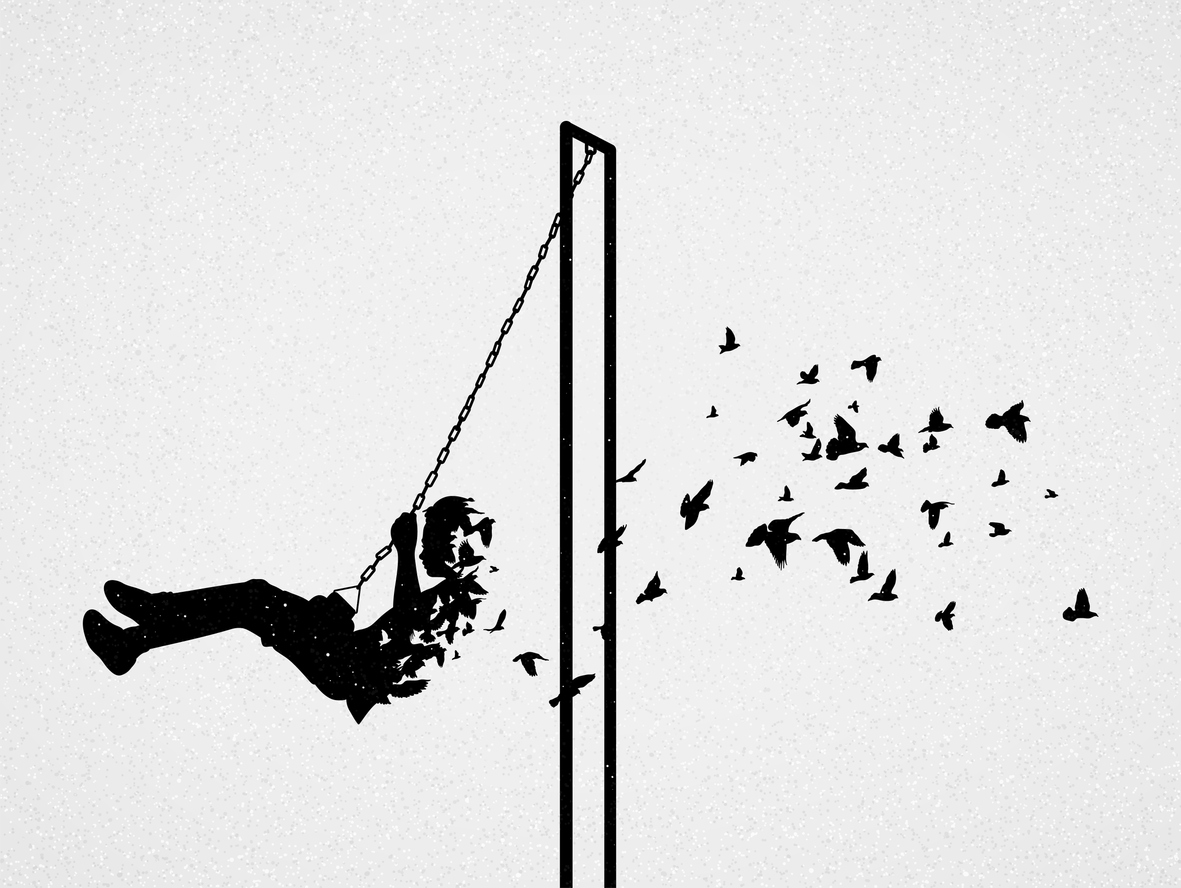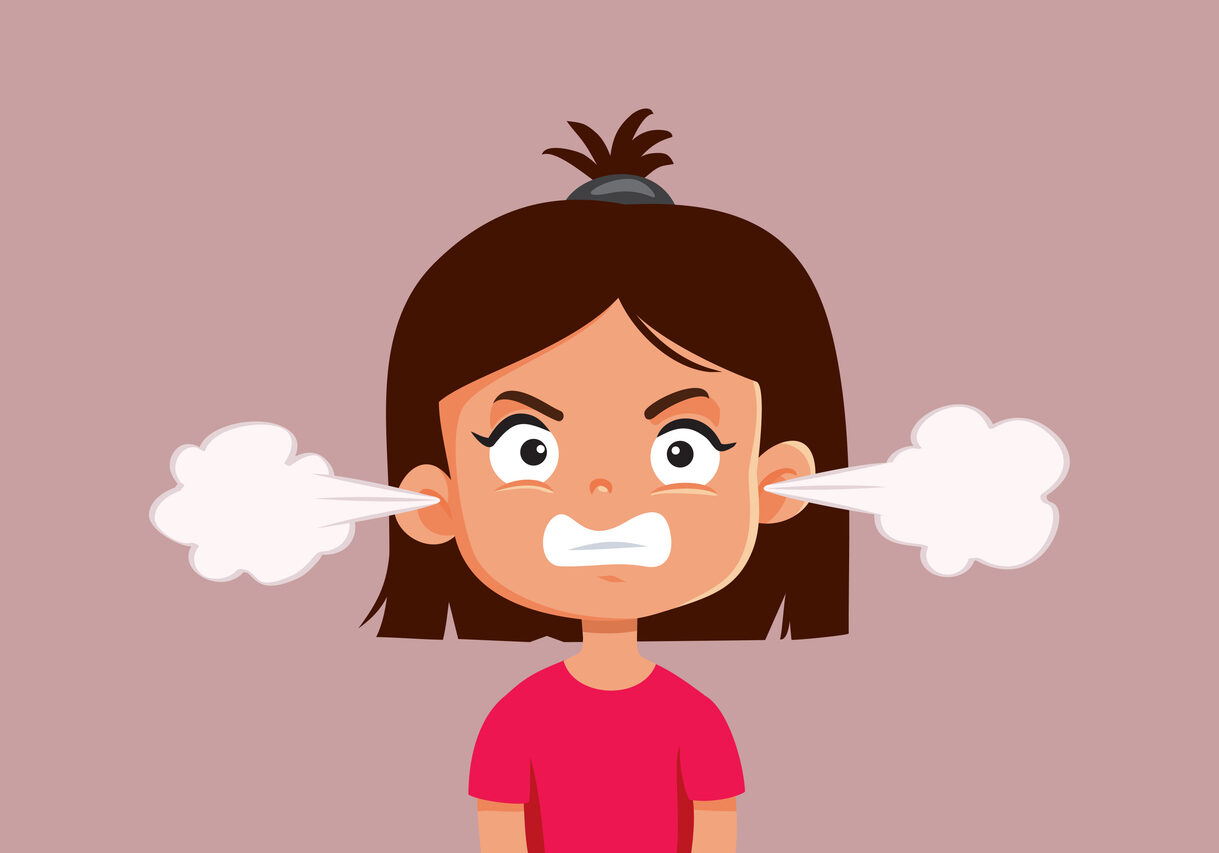
My Child is Diet Obsessed
 It’s frightening how images of the ‘perfect’ body in magazines, pop video and TV can make children obsessed by body image and dieting.
It’s frightening how images of the ‘perfect’ body in magazines, pop video and TV can make children obsessed by body image and dieting.
Nigel Latta, author of The Politically Incorrect Parenting Book, encountered just such a problem when successful businessman Max and his fashionable wife Sandra, both in their 40s, brought their 10-year-old daughter Emily to him. They were worried that she wasn’t eating enough.
Nigel takes up the case study…
Emily rolled her eyes.
“What specifically are you worried about?”
“She’s obsessed with dieting,” said Sandra.
“Absolutely obsessed.”
“No, I’m not,” Emily muttered.
“Oh, come on, Emily, tell the truth,” Sandra said. “You are obsessed with dieting.”
“I’m not.”
Sandra rolled her eyes now. “This is the problem. Every time I try and talk to her about it she does this.” There was something about the way they talked to each other that really bothered me. They were all caught up in the ‘I’m right – you’re wrong’ cycle, but there was something more than that. It was very subtle, but it was there, an underlying current of disconnection.
Asked what he thought, dad Max shrugged: “The diet issue is significant,” and took a business phone call during the interview.
“When did all this start?” I asked them. Sandra spoke: “She’s always been picky, but the real problems started when she was five. When she started school she became very difficult around clothes and what she would and wouldn’t wear.
“Soon after that she started getting very fussy about her food as well, saying that she didn’t want to get fat.”
I almost winced. “At five?”
Sandra nodded. “At five.”
Now at five, little kids do pretty much what they see around them. They are sponges. So where was all this ‘Eating makes you fat’ and ‘I don’t like the way I look’ stuff coming from? School or home?
Sandra said: “The women in our family do have a tendency to put on weight, but you just have to be careful. Emily could put on at least two or three kilos and still be fine.”
That answered the question: home. “So what have you tried to help her eat more normally?” I asked.
“I told her if she puts on a kilo I’ll buy her some make-up,” said Sandra.
The problem here was that Emily was doing what she was raised to do. She had been brought up to think poorly of herself, to scrutinize and look for imperfections, and to take drastic action. Emily was a product of her environment.
She had a mother who was a victim of the body-image industry, and a dad who wasn’t doing his job. My impression was that Max gave the wife and kids the scraps left over after all the deals had been done.
Nigel had to make them realise they had to change their ways…
“All the fad diets are gone. Atkins died obese and the company went under. Give it all up. Ninety-something per cent of people are back at their original weight two years after a diet. Give it up.”
“So what do we do instead?” Sandra asked.
“Simple. What you do is eat healthy, exercise, and get some help to feel better about yourself. Then you help Emily to feel better about herself. The secret with weight is getting your head in the right space, eating good stuff, and exercise. That’s all it takes.”
Nigel told Max straight that he needed to switch off from business when he was home and spend more time with Emily.
“The secret of building relationships with grumpy kids: ask questions. Don’t tell her what to think or how she feels: ask her. Teach her to talk about her feelings. Teach her that you will listen calmly to what she has to say. Teach her how to solve problems rather than telling her what to do.
“And the last part of this,” I said, pointing to Max’s fatcat waistline, “‘is that I want you to get on the healthyeating/ exercise train. This is going to be a family thing.”
To their credit, the family jumped into it with both boots on. The bathroom scales went in the bin as instructed, Sandra dumped her diets and bought some books on healthy eating. The family stopped having meals on the run, and sat down together. Everybody ate the same stuff. They started having ‘family walks’, and Emily became something of a personal trainer for her father.
They all worked hard to find their way back to a normal relationship with food, and with each other. The fixation on numbers on the scales was exchanged for spending time together. Some of that time was even spent cooking. Sandra took Emily to see a visiting celebrity chef one night and the girl was smitten.
Emily still wasn’t the world’s greatest eater, but she was starting to develop a healthier view of herself, her body, and food. Even better, she was actually talking to her mum and dad. They had started being a family again, rather than a bunch of related people fighting over their calorie intake.
The Lessons Learned
First off, always remember that the most important job you have to do as a parent is to develop a strong relationship with your children.
Remember, too, that your children will pick up many of your beliefs and attitudes about all kinds of things, including food and body image.
If you don’t want your kids to have a problem with eating, put your own shop in order first.
If you have girls, even if you have boys, home is no place for obsessive fad dieting. Don’t model crazy weight-obsessed behaviour. The world will do that more than enough – it doesn’t need any more input from you.
Teach your kids to eat healthy food – to listen to their stomachs, not look at the plate – and to like themselves.
If you are really worried that your child may have serious issues with eating, get a phone book, look up the experts, and go talk to someone. Don’t freak out, don’t freak your child out, just quietly go off and have a chat with someone who knows about this stuff.The Politically Incorrect Parenting Book, by Nigel Latta,
£12.99, Vermilion,



